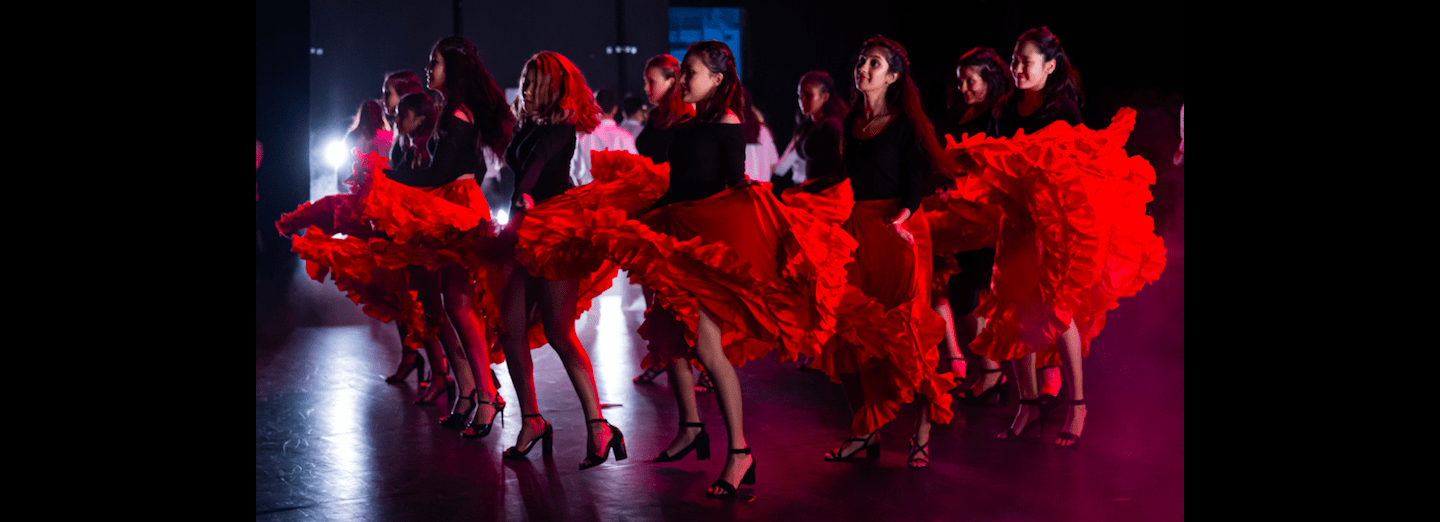In our latest IFP session, students took part in a role-playing simulation where we were split into two distinct parties – the Jahs and the Kays. The simulation was meant to bring about awareness on how people can approach situations differently and how having preconceived assumptions may be harmful in any given situation. During the simulation, I was a proud citizen of the Jah, an impoverished country that had recently regained independence after many years of being colonised. Due to its history, many citizens of Jah were insistent on declining help from other countries being skeptical of their intentions and in fear of returning to the subjection of mistreatment. Our beliefs as a country were put to the test when we were offered help from the Kays, people of an exceedingly wealthy country with a surplus of resources, in building the monument of Jah, a symbol to represent us in a united front.
When we were met with the Kays, our group immediately took on defensive attitudes and created a physical barricade with our bodies around the building of our monument. All offers by the Kays were instinctively dismissed and conversations failed to even begin. The Kays relentlessly offered their help and resources but to no avail – we were determined to accept no help.
After the simulation, the background and intentions of both parties were revealed. Apparently, the Kays were truly open to a conversation that was solely beneficial for the Jahs. Our presumptions on the Kays and their motives had turned out to be highly detrimental and a barrier between constructive communication. If we had come into the simulation with a more open-mind, perhaps we would have discovered the true intentions behind Kay’s actions and co-constructed a monument in harmony.
In hindsight, the simulation paralleled what could happen in reality. Countries often find themselves in conflict when they assume negatively of other parties and come into conversations very much close-minded, bringing about a more rigid and inflexible attitude, too swiftly dismissing other possibilities apart from their own agenda. This decreases the likelihood of coming to a mutually beneficial compromise. Reflecting back on what I experienced during this simulation, it links closely to a topic we had covered in my Global Politics class. In class, we spoke about the changing nature of power in the world we see today, two of which is particularly prevalent – power transition and power diffusion. We spoke about the power transitioning from the West to the East, and how some countries may have their own reservations about China becoming the hegemon in the East. Even powerful political figures are susceptible to developing negative preconceived assumptions of regarding the outcomes China’s rise which could create a sense of fear and thus, an overreaction. Policies based on skewed assumptions could possibly then be put into place which could be ultimately dangerous. This shows us that the simulation meant to teach us certain concepts can truly be applied in the real world.
From that session, I came to realise the importance of coming into any situation with an open mind. Even if there are reservations, to be willing to put them aside for the sake of a discussion taking place. This could ultimately be the key to dissolving hostility and conflict, bringing about the possibility of peace.

